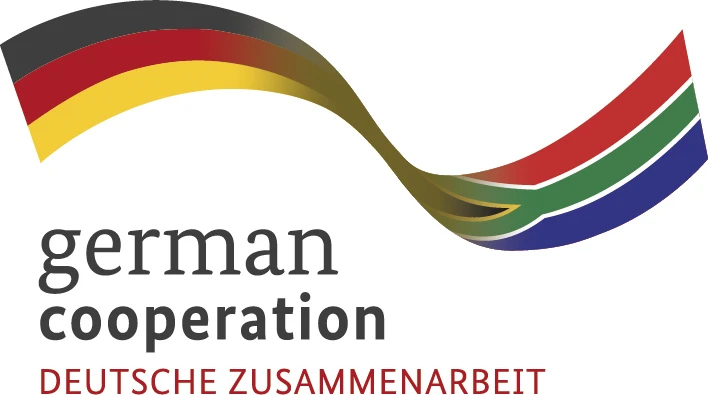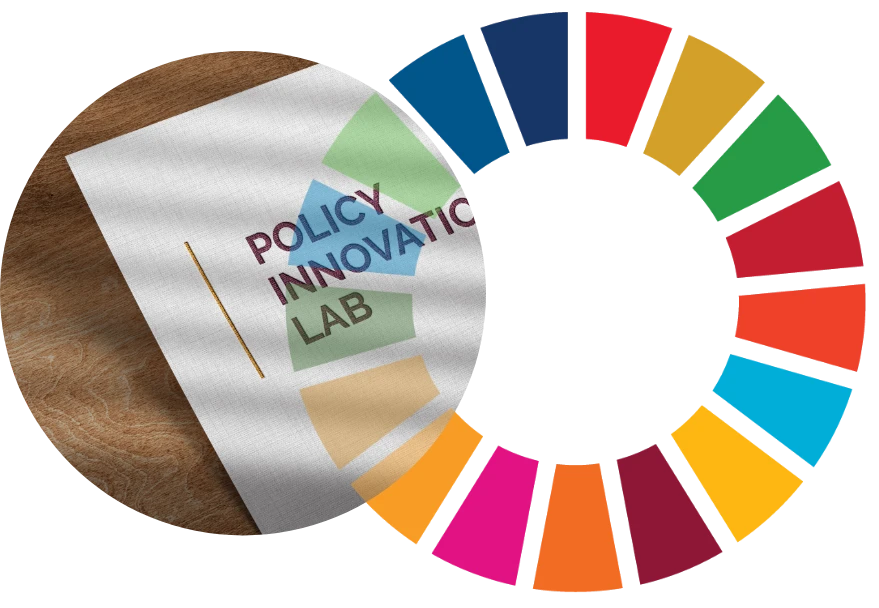
Prof. Willem Fourie
Prof. Willem Fourie leads the Policy Innovation Lab. He is an Alexander von Humboldt Fellow and has served as an expert advisor to the African Union, and has worked with the United Nations, European Union, OECD and national government departments and founded one of the world’s largest and most intelligent platforms focused on evidence-informed policy advice.
He also co-founded a start-up that uses natural language processing to analyse policy-relevant information and has prior experience working with a global technology company. His research centres on the human dynamics that enable the achievement of ambitious policy agendas, especially through technology.
In 2023, Routledge published his monograph that explores a realistic and evidence-based approach to leadership that could support policy innovation.
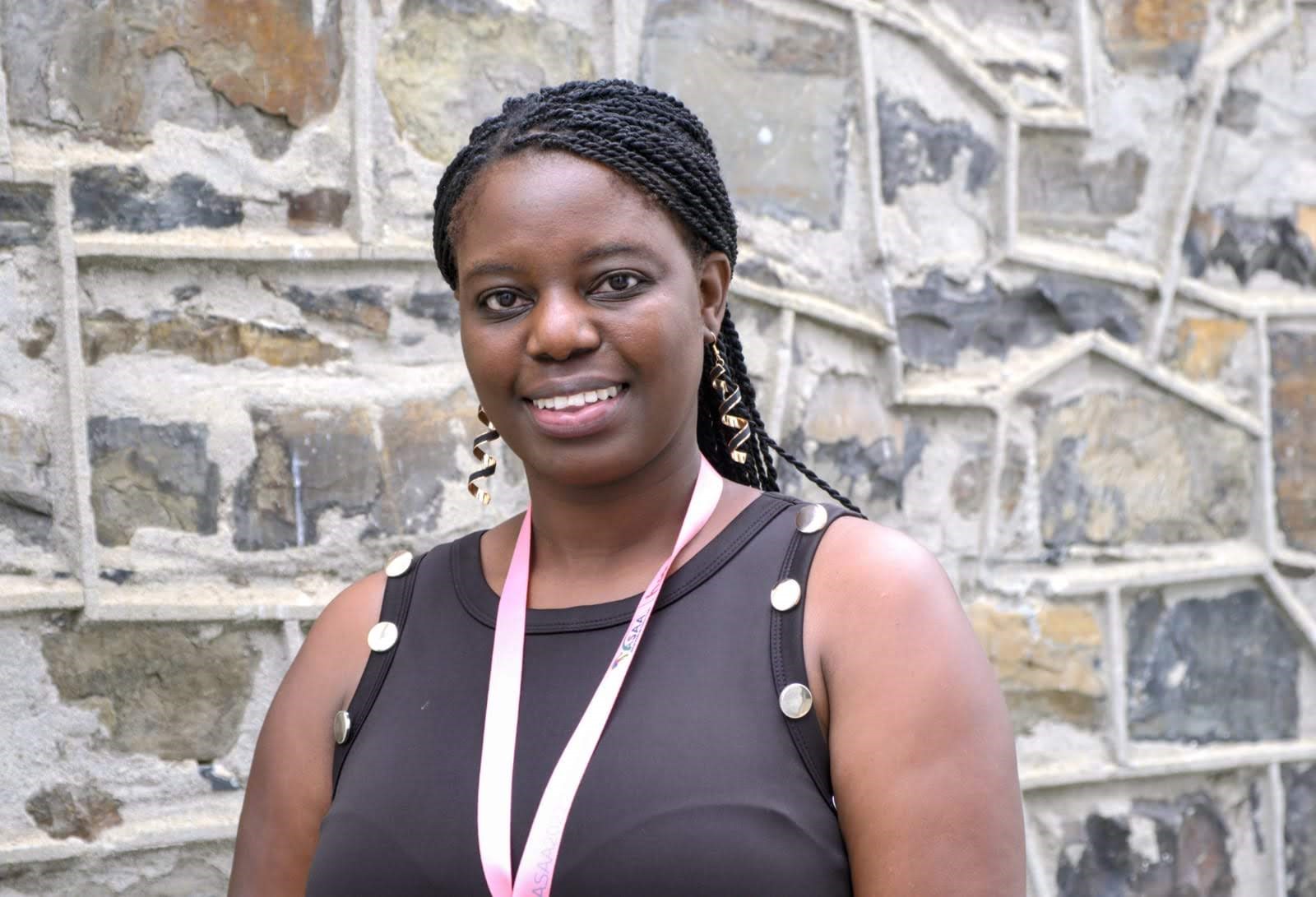
Dr Itai Makone
Dr Itai Makone is a Social Science and Policy Innovation Researcher at the Policy Innovation Lab. She holds a PhD in Political Science from Stellenbosch University in South Africa, funded by the Gerda Henkel Foundation. Itai’s PhD focused on political risk analysis in hybrid regimes.
Itai has a wealth of experience in academia as a lecturer at Stellenbosch University and Researcher at HUMA, University of Cape Town, in public service as an Economist for the Ministry of Industry and Commerce in Zimbabwe, and as an individual consultant for the Parliament of Zimbabwe and various NGOs like the African Development Bank and the International Rescue Committee.
From these and other experiences, Itai brings vast expertise in policy-relevant projects across various topics and advanced qualitative analysis skills to the team. Her research interests include using AI for evidence-based policymaking, ethics in AI, political risk analysis and security, public policy, and the Sustainable Development Goals.

Dr Gray Manicom
Dr Gray Manicom is a mathematician with a keen interest in dynamical systems, mathematical modelling, and data science. Fluent in Python and Matlab, Gray holds a PhD in Mathematics from The University of Auckland. His dissertation explored memory effects in heteroclinic networks and their application in cognitive modelling.
He previously worked as a postdoc at the University of Auckland, using models of COVID-19 to advise government COVID-related policies. At the Policy Innovation Lab he leverages the power of data analytics and machine learning to inform government policy decisions. Gray brings quantitative skills and a passion for research with real-world impact.

Corina du Toit
Corina is the inaugural Programme Manager for the SDG/2063 Impact Hub at Stellenbosch University and the Co-ordinator of the Goalkeepers South Africa network. She promotes and advocates for the uptake of the Sustainable Development Goals in teaching, outreach, stewardship and research.

Monique Bennett
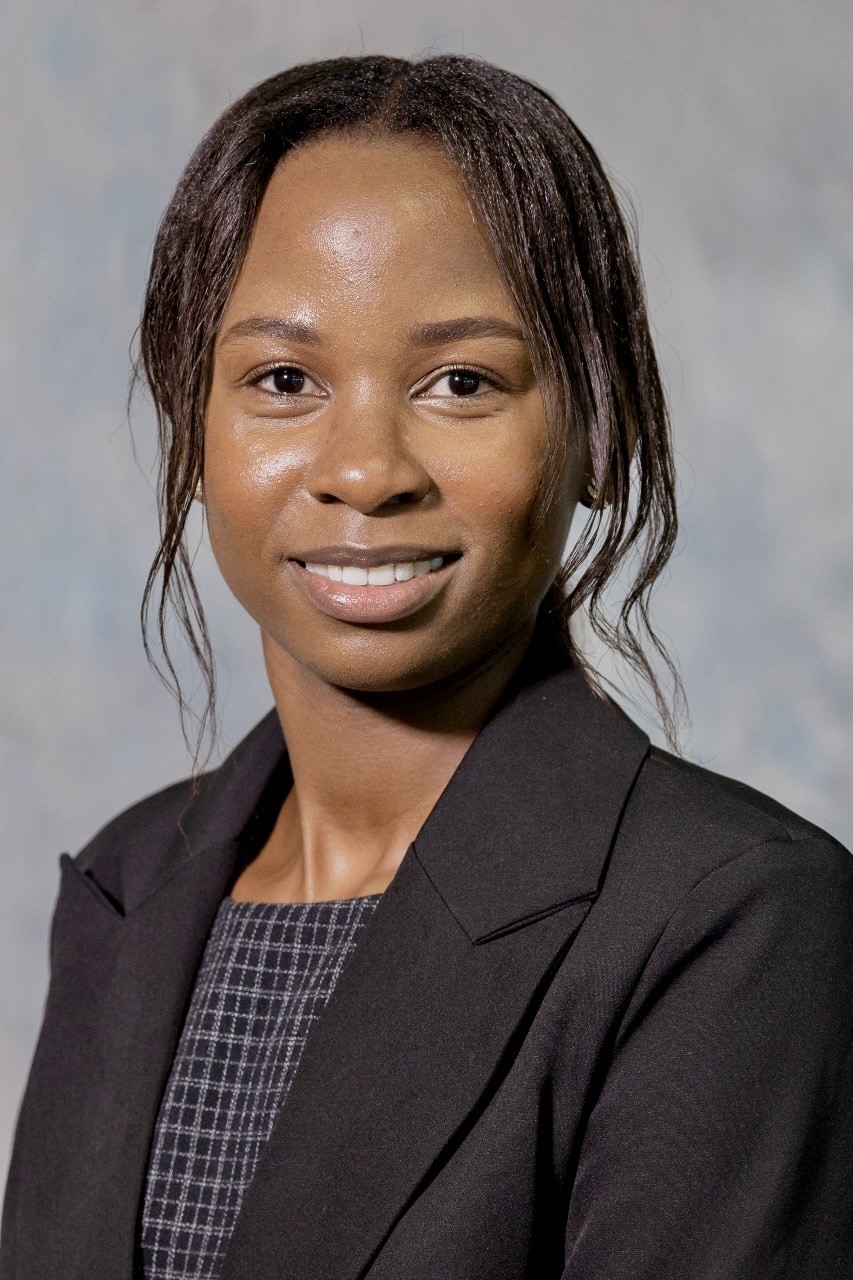
Tinashe Chikunichawa
Tinashe is completing her Master’s in industrial engineering and engineering management. She thrives on complex challenges and has a passion for applying her knowledge and skills to contribute to developing and improving sustainable solutions.

Tinomutendayi Muzondidya
Tinomutendayi Muzondidya is a passionate data scientist, working to be at the forefront of exploring how data science can revolutionize policymaking across the entire cycle. He is completing his Master’s in industrial engineering with a focus on data science and has experience in applying data analysis skills to complex problems.

Prof. Dan Banik
Prof. Dan Banik is a Professor of Political Science and Director of the Oslo SDG Initiative at the University of Oslo’s Centre for Development and Environment. He is affiliated with Stanford University’s Center on Democracy, Development and the Rule of Law, China Agricultural University in Beijing and Chancellor College in Malawi. Professor Banik’s books include Political Transition, Poverty and Inclusive Development in Malawi: The Democratic Dividend (Routledge 2016), The Legal Empowerment Agenda: Poverty, Labour and the Informal Economy in Africa (Ashgate 2011), Poverty and Elusive Development (Scandinavian University Press 2010) and Starvation and India’s Democracy (Routledge 2009). He has co-founded a Masters program on public administration and management at the University of Malawi for Malawian civil servants.
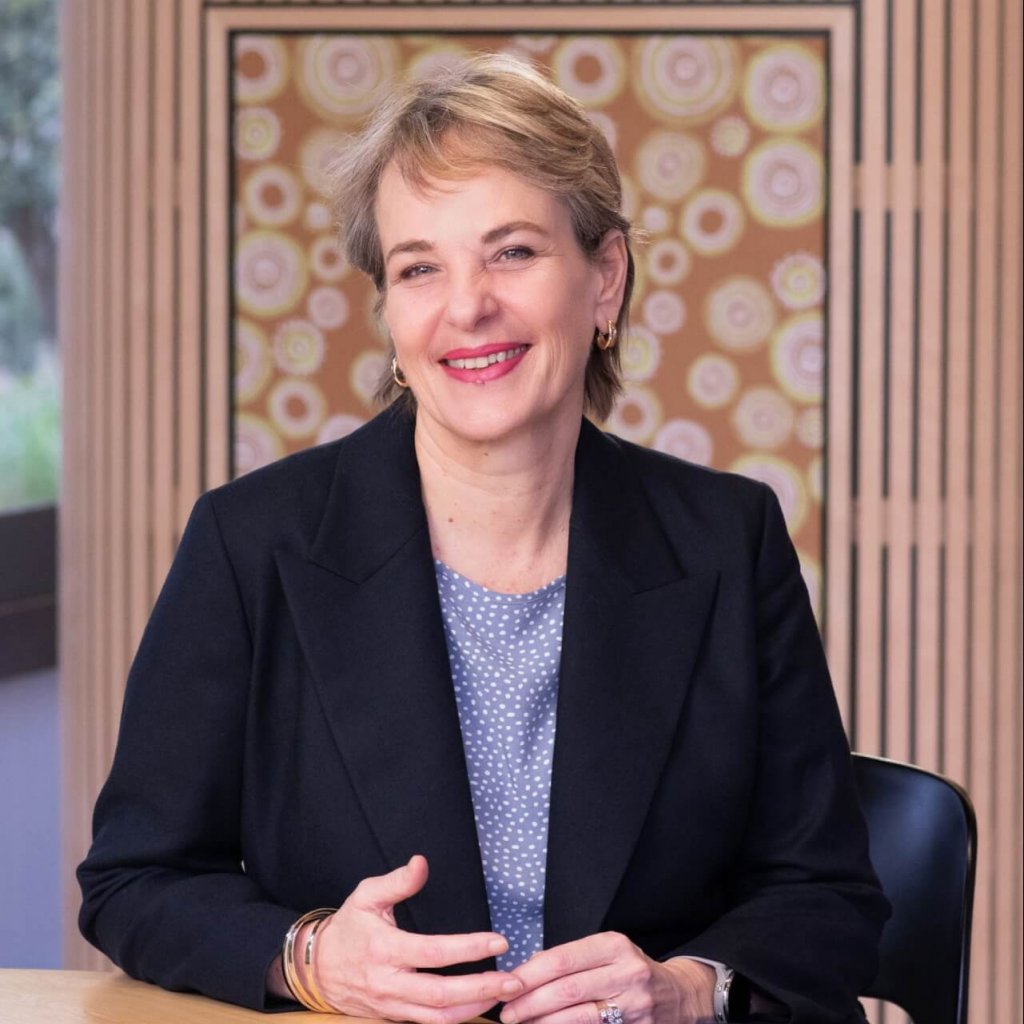
Dr Heide Hackmann
Dr Heide Hackmann is the Director of Future Africa and Strategic Advisor on Transdisciplinarity and Global Knowledge Networks at the University of Pretoria in South Africa. She was the International Science Council (ISC) Inaugural Chief Executive Officer 2018-2022, ISC Fellow and is member of the Global Commission on Science Missions for Sustainability.
Our
PARTNERS
The Policy Innovation Lab works with the South African government, the German government, through the GIZ, the Bill & Melinda Gates Foundation, and we work with experts at all of South Africa’s 26 public universities. This project is co-funded by the German Federal Ministry for Economic Cooperation and Development (BMZ) and supported by the Deutsche Gesellschaft für Internationale Zusammenarbeit (GIZ) GmbH.
